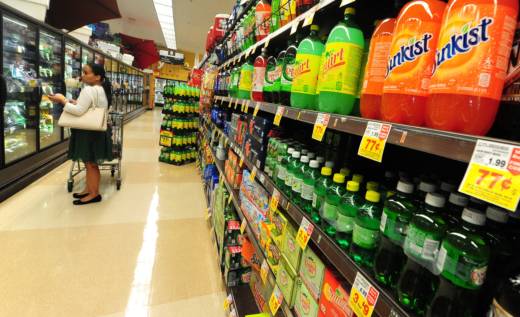The U.S. Food and Drug Administration announced on Friday that it has removed seven artificial flavors from its list of approved food additives after animal studies showed that they cause cancer.
The banned chemicals— benzophenone, ethyl acrylate, eugenyl methyl ether, myrcene, pulegone, and pyridine— can be found as flavors and flavor enhancers in common products such as baked goods, desserts, beverages, candy, beer and ice cream.
The FDA also delisted styrene without ruling on its status as a carcinogen, according to the Natural Resources Defense Council, which, along with several other health and consumer organizations, filed a petition in 2015 asking the FDA to ban the chemicals on safety grounds.
“Carcinogens have no place in the food we feed our families," Erik Olson, senior director of health and food at NRDC, said in a statement. "This is welcome news for millions of Americans who have been unknowingly snacking on cancer-causing chemicals for far too long."
Since the FDA first approved the artificial flavors in 1964, government toxicology reports have shown that six of them cause cancer in two species of animals, and that styrene is also “reasonably anticipated" to be carcinogenic, according to the petition.
A law passed in 1958 requires the FDA to ban the use of any food additive found to cause cancer in animals or humans.
